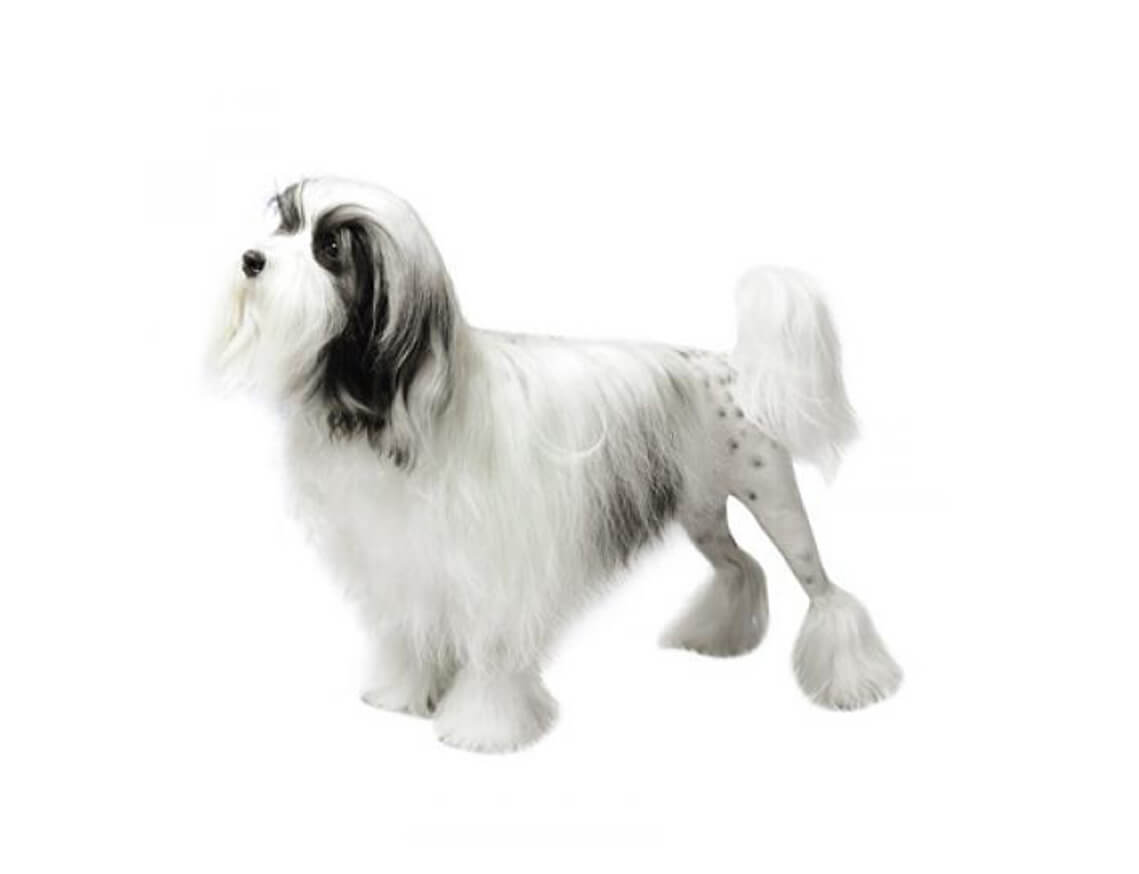
Lowchen (Little Lion Dog)
Distinguished by a lionlike appearance, the Löwchen is a compact, lively dog bred to be a family companion. He has a cheerful, happy temperament and lovingly cuddles with his human owners. A playful, intelligent breed, the Löwchen enjoys learning new tricks and will serve as a trusty watchdog. He appreciates daily exercise and walks, and his nonshedding, soft, wavy coat should be brushed weekly.
DID YOU KNOW? “Löwchen” is a German word that means “little lion.” The Löwchen originated more than 400 years ago in pre-Renaissance Europe, either in Germany or the Mediterranean, and was used as a foot warmer and comforter.
ALSO KNOWN AS: Lowchen, Little Lion Dog
The need-to-know
- Dog suitable for non-experienced owners
- Basic training required
- Enjoys gentle walks
- Enjoys walking half an hour a day
- Small dog
- Minimum drool
- Requires grooming every other day
- Non hypoallergenic breed
- Very vocal dog
- Guard dog. Barks and alerts
- Great with other pets
- Great family dog
Personality

A happy, playful, affectionate dog, as you'd expect of a companion breed, sometimes the Lowchen can be protective of his loved ones and so early socialisation is particularly important. He is alert to his surroundings and has a tendency to be vocal, so needs to be trained not to bark at the slightest noise.
History and Origins

Known as the Little Lion Dog because of his traditional coat trim, the Lowchen dog breed's origins are not known. It has long been considered one of the Bichon family of breeds that originated in the Mediterranean, and was found in the south of France, in the Lyon region. Another theory suggests that the Lowchen is actually from Germany and possibly derived from a Tibetan Terrier type of dog. What is known is that a similar dog has been in Europe since the 1500s. Once the rarest dog in the world – in 1969 just 40 dogs were in existence – the Lowchen is no longer on the brink of extinction though is still fairly rare.
Nutrition and Feeding

Small dogs have a fast metabolism, meaning they burn energy at a high rate, although their small stomachs mean that they must eat little and often. Small-breed foods are specifically designed with appropriate levels of key nutrients and smaller kibble sizes to suit smaller mouths. This also encourages chewing and improves digestion.
Exercise

The Lowchen dog doesn't need very much daily exercise – about half an hour will keep him happy, though he is capable of more if you can offer it. This is a clever dog who also enjoys training.
Other Information

Health and Common Issues
Like many small breeds, the Lowchen can suffer from kneecaps that may temporarily slip out of place (luxating patellas).
Best Family Dog Breeds
While many dogs are traditionally thought of as being good with children, all dogs and children need to be taught to get on with and respect each other, and be safe together. Even so, dogs and young children should never be left alone together and adults should supervise all interactions between them.